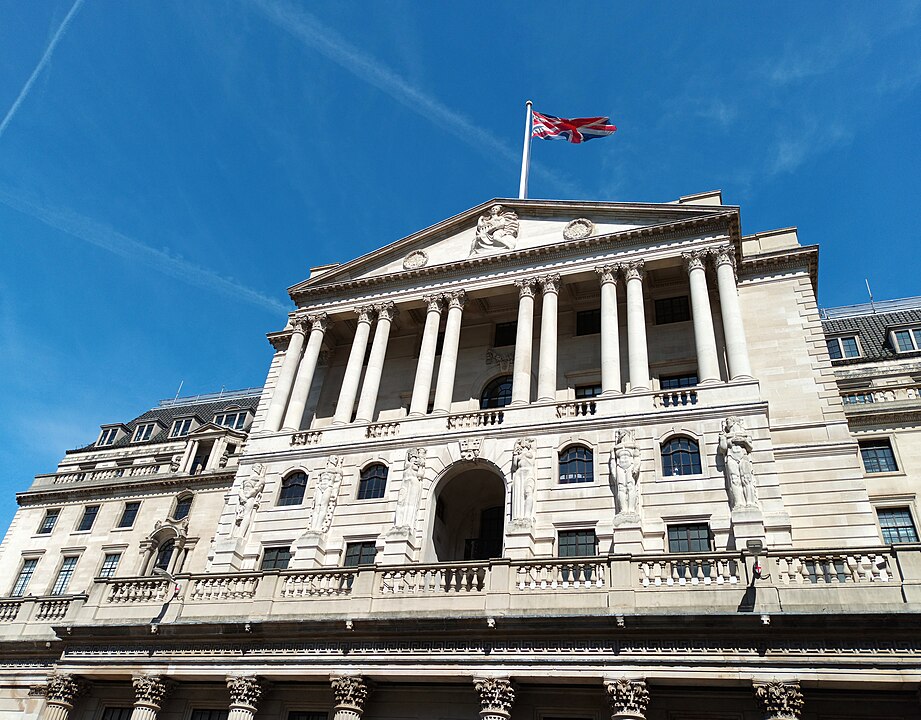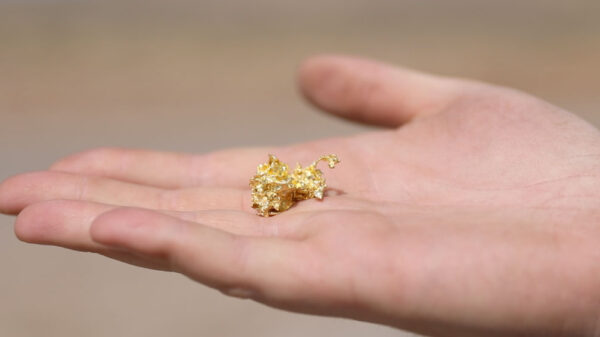The Bank of England has been shipping gold from London to the United States in a rush to take advantage of premium prices caused by anxieties over the probability that US President Donald Trump will impose tariffs affecting gold.
Gold has been trading at a discount to the wider market this week. However, delays in withdrawing gold have made the gold at the BOE less attractive than bullion held in more accessible vaults.
Traders face long delays when withdrawing bullion, which is trading near a record high. The high prices complicate their efforts to avoid tariff risks and capture premium prices by shipping gold to the US. The BOE is the world’s largest bullion-trading hub. It maintaining accounts for central banks that prefer storing gold in London for easier lending or selling. The BOE also permits selected commercial operators to hold gold accounts, ensuring liquidity for central banks.
“All of those bodies who ship the gold, they’ve all got the delivery slots they need over the next few weeks,” said Dave Ramsden, deputy governor for the Bank of England.
“If you were coming in new to us, you might have to wait a bit longer because all the existing slots are booked up. But this is a very orderly process.”
Ramsden said the bank’s gold vault inventories had declined by only about 2 per cent since the end of December.
Read more: Calibre Mining uncovers new gold zone with premium grade intercepts
Read more: Calibre Mining’s mineral resource estimate in Talavera gives reasons for optimism
Gold prices have risen in recent weeks
The Bank of England is the world’s second-largest custodian of precious metals after the New York Federal Reserve. It safeguards more than 400,000 gold bars worth billions of pounds. That stockpile has faced some pressure recently.
Gold prices have risen in recent weeks as investors seek its safe-haven status. For example, Russia’s prolonged war in Ukraine and escalating geopolitical tensions in the Middle East are also fuelling demand for the metal.
“The fact that gold is significantly more expensive on the COMEX than (in) other trading centers is likely related to the feared US import tariffs, which could possibly also affect gold,” wrote Carsten Fritsch, a commodity analyst at the German bank.
Tariffs on gold exports or related mining equipment could significantly impact gold producers by increasing costs and reducing profit margins. Higher export tariffs would make it more expensive to sell gold in key markets. Meanwhile, tariffs on mining equipment or processing materials would raise operational costs.
For example, Calibre Mining Corp. (TSE: CXB) (OTCMKTS: CXBMF), which operates in Nicaragua and the U.S., could face challenges if the U.S. imposed tariffs on imported gold. This could force the company to sell at lower prices or seek alternative markets, potentially reducing profitability.
Similarly, a Canadian gold miner exporting to the U.S. could see its refined gold subject to tariffs, making it less competitive compared to domestic or tariff-free suppliers. In both cases, tariffs would disrupt supply chains, reduce margins, and potentially discourage expansion or investment in affected regions.
.
Calibre Mining is a sponsor of Mugglehead news coverage
.
joseph@mugglehead.com













